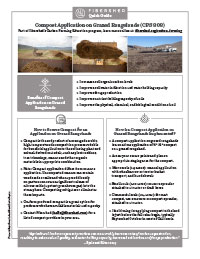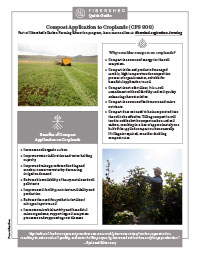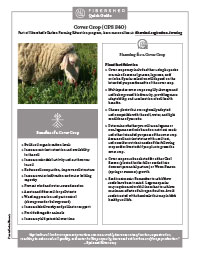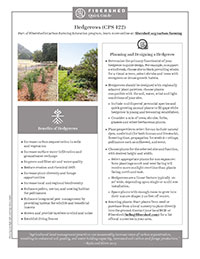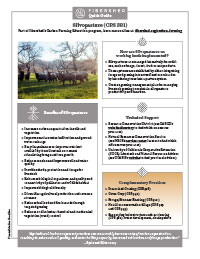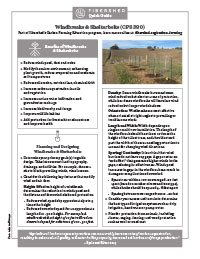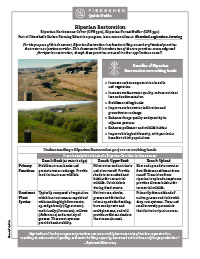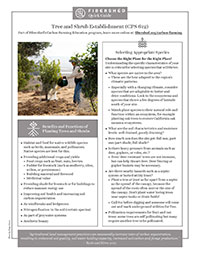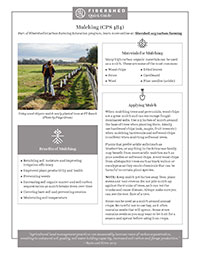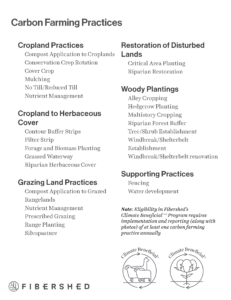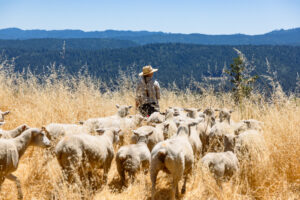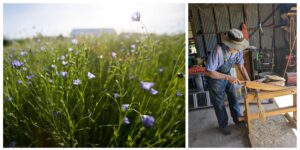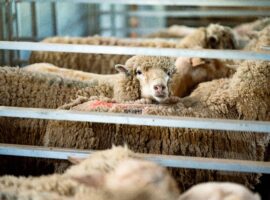Carbon Farming Practices

Which practices are best suited for a farm or ranch will vary based on ecological and other factors. Fibershed has produced a series of Carbon Farming Quick Guides on specific practices that are highly popular and beneficial in the Northern California Fibershed. Click on each Quick Guide below to learn about the benefits of the practice, an overview of how the practice is implemented and generally associated costs, complementary practices, and a list of regional technical support opportunities.
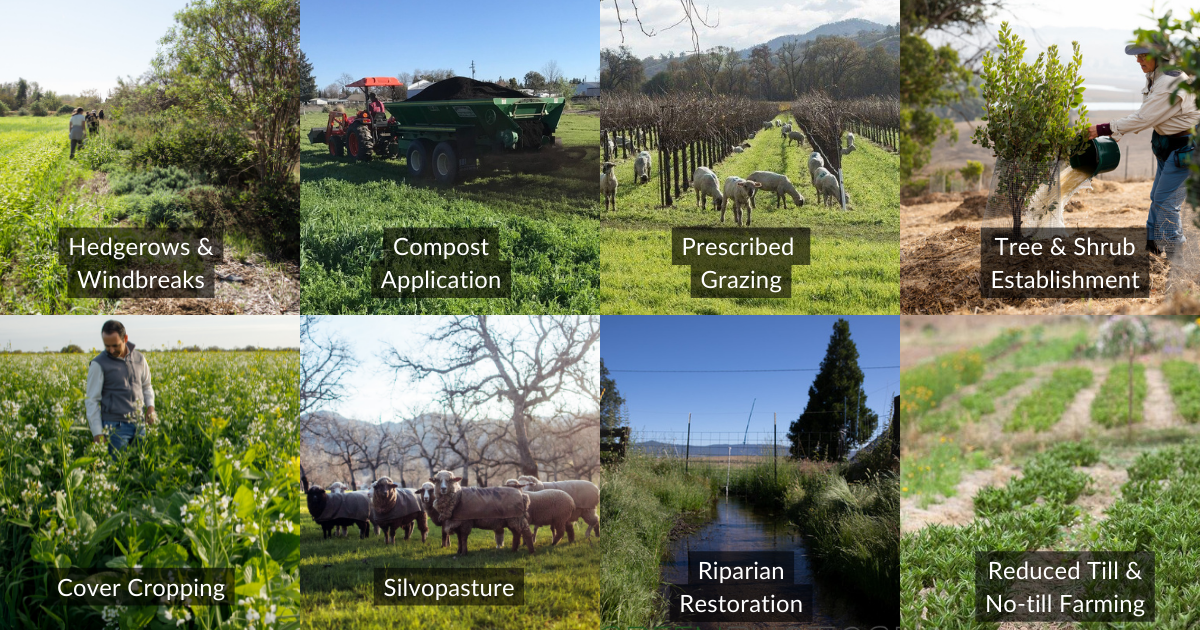
Are you a land steward who is interested in adding carbon farming practices to your farm or ranch?
If you are based in Northern California, please click here to join Fibershed’s Producer Program, which includes access to our technical support and resources for participating in our Climate Beneficial Fiber Verification program. Fibershed offers a range of opportunities including educational field walks and pasture visits for peer-to-peer learning, soil sampling, guidance in accessing implementation funding through State and regional grants as well as our own Carbon Farm Seed Fund.
In our video webinar “Carbon Farming in the Northern California Fibershed,” you can hear how fiber producers at various scales are planning and implementing carbon farm practices on their land. Learn about models like Climate Beneficial Wool and resources including the Healthy Soils Program that are helping to establish a growing network of carbon farming practitioners on our landscape. Presenters include Rebecca Burgess, Executive Director, Fibershed; Heather Podoll, Partnerships & Advocacy Coordinator, Fibershed; Erin Walkenshaw; Amy Skezas, Meridian Farm; Jim Jensen, Jensen Ranch; Sarah Keiser, Wild Oat Hollow (slides linked)
If you are based in California but outside the Northern California Fibershed, we recommend learning more and exploring resources available through: your local Resource Conservation District or Natural Resources Conservation Service office, UC Cooperative Extension office, California’s Healthy Soils Program, or programs like CSU Chico’s Center for Regenerative Agriculture and Resilient Systems.
For producers outside of California, you may be interested in connecting with your local Fibershed Affiliate (where applicable; not all Fibershed Affiliates focus on carbon farming education at this time), or resources like your local equivalent of a Resource Conservation District. Our partners at the Carbon Cycle Institute offer additional online resources to understand carbon farming and carbon farm planning, and are working to establish national networks of support for these activities.

